(I want to credit Fred Schelger for his excellent analysis of Horne’s book posted on the World Socialist Website 17 March 2021. A lot of his critiques that I get into here are ones he pointed out in his own article. For the sake of coherence and completeness, I go over some of the same ground that he covers in his article, while adding a number of observations of my own)[1]
The New York Times 1619 Project, unveiled in 2019, was a watershed in the woke cultural revolution during the Trump years. Supposedly a clear eyed interrogation of the continuing legacy of slavery in American economics, politics and culture, the project was mired in controversy. One of the most incendiary claims made in the pages of the newspaper of record was the introductory essay by NY Times columnist Hannah Nicole Jones, who made the inflammatory assertion that the American Revolution was waged to preserve the institution of slavery for fear that the British were about to abolish it:
“Conveniently left out of our founding mythology is the fact that one of the primary reasons some of the colonists decided to declare their independence from Britain was because they wanted to protect the institution of slavery. By 1776, Britain had grown deeply conflicted over its role in the barbaric institution that had reshaped the Western Hemisphere. In London, there were growing calls to abolish the slave trade. This would have upended the economy of the colonies, in both the North and the South…In other words, we may never have revolted against Britain if some of the founders had not understood that slavery empowered them to do so; nor if they had not believed that independence was required in order to ensure that slavery would continue”[2]
This claim aroused furious indignation on the right and passionate defense of this position on the left. After being pressured to provide a source for this claim, Jones said in a tweet that was later deleted that the source was the book ‘The Counter Revolution of 1776’ by University of Houston history professor Gerald Horne.[3]
In this book, published by the New York University Press in 2014, Horne makes four central claims: First, Horne argues that the British Empire in the late 18th century was moving in the direction of the abolition of slavery. Horne places special emphasis on the Somerset court decision in London on June 22, 1772 (more on this later), as well as the Lord Dunmore proclamation of November 7, 1775.
Second, Horne contends that the British were pressured in this direction by a wave of violent slave rebellions, both in the Caribbean and North American colonies as well as free maroon communities in the Spanish colonies, particularly Spanish ruled Florida. Thus Horne argues, the British decided peaceful emancipation was preferable to the violent overthrow of the institution.
Third, Horne contends the British Empire’s move towards abolition provoked a violent backlash from the white colonists, who opted towards independence in order to preserve the institution. In essence, what happened in 1776 was little different from the secession of the Confederacy in 1861, the difference being that the insurgents in 1776 succeeded.
Fourth, this therefore means that the American Revolution of 1776 was not a progressive step forward in world history, but a reactionary event. The logical inference that results from this line is that people of African descent (as well as Native Americans) would have been better off had British rule continued, or perhaps could have maneuvered into a position where they could have thrown off white domination entirely. The bourgeois democratic revolutions of America as well as France were not only distinct from, but directly antagonistic to the liberation movements of the enslaved and colonized, and remain so to this day, Horne argues.
How do these claims stand up to factual scrutiny? Let us examine each in turn.
1. The British Empire in the late 18th century was moving in the direction of the abolition of slavery
Horne spills a considerable amount of ink on detailing the Somerset case, a 1772 court decision which ruled the practice of chattel slavery illegal in England or Wales. This law did not apply to Britain’s overseas empire, where nearly all of the nearly one million Africans enslaved by the British actually resided. Nonetheless, Horne insists that the colonists in the 13 colonies saw the ruling as a bellwether for eventual abolition in North America, and this spurred them to rebellion.
As evidence that this court ruling was infuriating to the pro slavery colonials, Horne starts off by quoting a Virginia newspaper supposedly opposing the ruling:
“Is it in the power of Parliament to make such a Law? Can any human law abrogate the divine? The laws of Nature are the laws of God”[4]
The source cited, a 1772 issue of the Virginia Gazette, available online in its original text, says something quite different:
“It has been said that Lord Mansfield has advised a law respecting the property of Negroes in England. Is it in the power of Parliament to make such a Law? Can any human law abrogate the divine? The Laws of Nature are the laws of God. By those laws a Negro cannot be less free than a man of any other complexion. If Negroes are to be slaves on account of their colour, the next step will be to enslave every Mulatto in the Kingdom, than every Portuguese, next the French, then the brown complexioned English, and so on till there be only one free man left, which will be the man of the palest complexions in the three kingdoms!”[5]
What Horne presents as a pro slavery argument is in fact an anti slavery one, and an anti racist one at that. And this is only on the very first page of the book.
This is only the beginning of the problems with Horne’s assertions about the importance of the 1772 Somerset trial as an instigating event. There is no reference to this trial in any of the vital documents of the American Revolution, not the Declaration of Independence, not the Constitutional Convention, not the Articles of Confederation, nowhere.
None of the Founding Fathers- not George Washington, nor Thomas Jefferson, nor Alexander Hamilton, nor James Madison, nor Patrick Henry, made any statement in their voluminous public statements or private correspondence about the Somerset court ruling being a motivating factor in desiring independence, or that they felt slavery as an institution was under threat.
The 1770’s was not a politically correct era. If preserving the institution of chattel slavery was at issue, men like the Founders would have had no problem declaring so. By analogy, every one of the Southern states which broke from the Union in 1861 to preserve slavery when they considered it under threat openly and proudly gave that as the reason in their documents of secession[6].
The only Founding Father who had anything at all to say about the Somerset ruling was Benjamin Franklin, well known as a prominent abolitionist. His remarks on it, published in the London Chronicle, were:
“It is said that some generous humane persons subscribed to the expence of obtaining liberty by law for Somerset the Negro.2 It is to be wished that the same humanity may extend itself among numbers; if not to the procuring liberty for those that remain in our Colonies, at least to obtain a law for abolishing the African commerce in Slaves, and declaring the children of present Slaves free after they become of age…Pharisaical Britain! to pride thyself in setting free a single Slave that happens to land on thy coasts, while thy Merchants in all thy ports are encouraged by thy laws to continue a commerce whereby so many hundreds of thousands are dragged into a slavery that can scarce be said to end with their lives, since it is entailed on their posterity!”[7]
Thus, the only Founder to have a recorded opinion on the case disparaged it as meaningless symbolism, not to mention hypocrisy. In his 252 page book, Horne only briefly mentions Franklin four times, and nowhere does he mention this quote.[8]
The other event that Horne emphasizes as an indication that the British Empire was on the cusp of abolishing slavery is the Proclamation of Lord Dunmore, the royal governor of Virginia, in November 1775, offering freedom to slaves who volunteered to fight for the British Crown.
Again, this can simply be refuted by basic chronology alone. Dunmore’s proclamation couldn’t have incited the rebellion of the colonists for the very simple reason that the rebellion had already started. In November 1775, the war had already been going on for six or seven months. The opening skirmishes of Lexington and Concord were on April 19, 1775, the siege of Boston by Patriot militias began two days later, the Battle of Bunker Hill was on June 17, 1775, King George III officially declared the 13 North American colonies to be in rebellion on August 23, 1775. Dunmore’s proclamation was responding to events as a war measure, not instigating them.
Horne presents this order as evidence that the British were an abolitionist force, yet he himself admits that George Washington also made offers to free slaves in exchange for military service, yet “observers should view with skeptical restraint the crassly pragmatic post 1776 attempt by rebels to recruit and assuage Africans- as suggested by Washington’s orders to free Negroes- a solicitude that virtually disintegrated on cue after London was ousted from the 13 colonies”.[9] How can this exact same logic not be applied to the British? Why is it a bold abolitionist move when London did it, but only ‘crassly pragmatic’ when the Patriots offered it? Both sides were leveraging support from Africans for an advantage on the battlefield, neither was interested in abolishing slavery as an institution.
The reliability of Horne’s citations aside, another problem with this narrative of the late 18th century British Empire moving in the direction of abolition is that it is at odds with the well documented imperial policy of London in that time period. For the second half of the 1700’s and into the early 19th century, the Crown was not only not drawing down the slave trade, it was actively using armed force to expand and accelerate the practice.
For example, Horne discusses the British conquest of Havana, Cuba, in 1762 several times in the course of his text.[10] Yet he omits a crucial aspect of the ten month British occupation of Havana. During that brief time period, the British imported 4,000 additional slaves, a huge increase given that a total of 60,000 slaves had been brought into Havana over the previous 243 years of Spanish rule, an average of only 250 a year. In this one year, the British imported 8-10% of ALL slaves sent to Cuba up to that point. The British authorities also expanded the plantation system focused on the export of sugar, which came to dominate Cuba’s economy well into the 20th century. Even after the city was returned to the Spanish, the British merchants continued to traffick slaves to Havana on a large scale. This occupation, although brief, is widely believed to have locked Cuba into a dependant relationship on the northern Atlantic British free trade system- including their slave trade.[11]
At variance with these facts, Horne asserts, incredibly, that “there was so much anger on the [North American] mainland about London’s decision to limit the slave trade to Cuba during its brief rule”![12]
Thirty years later, the British undertook another aggressive military expedition to strengthen the slave trade, also in the Caribbean. In August 1793, the revolutionary French republic, in the face of the Haitian slave rebellion, issued a proclamation declaring slavery abolished in the northern half of its colony. The very next month (September 1793), the British invaded Haiti and were welcomed as liberators by the French slave owners, who were monarchists that despised the new French republic. Everywhere the British soldiers went, they put the slaves back in bondage.[13] They were driven back and defeated by a combined French/black rebel army led by Toussaint L’Ouverture, but only after five years of brutal fighting, 60,000 of their men dead, and millions of pounds of the British treasury wasted- one of the most costly defeats the British Empire suffered in its history.
Is this the behavior of an empire that was anywhere near abolishing slavery? Hardly.
It also presents a problem for Horne’s thesis of a divergence of interests between overseas colonial merchants passionately believing in the free market, and the British Crown attempting to restrain them. The reality is that classical liberal economics and the iron fist of the Royal Navy went hand in hand- the raw power of the British military forcefully broke open any societies that had the temerity to attempt to close their ports to British commerce.
When the British finally did abolish slavery in all their colonies for good by 1838, it was a full 62 years after the American colonies had declared their independence. Every one of the Founding Fathers (unless you count John Quincy Adams, son of John Adams) was dead and buried by that point. In an era when much of humanity still didn’t live beyond the age of 40, this was almost two entire generations after 1776.
But that’s not the end of the story. Even when slavery was abolished in Britain’s formal colonies, slavery was still integral to the British economy. Their textile industry was highly dependant on cotton imported from the American South, picked by slaves.
When the American Civil War broke out, the British elite was heavily predisposed to favoring the Confederacy. For the first two years of the war, despite being officially neutral, Britain acted as an unofficial ally of the South, actively assisting their war effort. Confederate blockade runners and warships were built in the shipyards of Liverpool, a city which had prospered for centuries from the slave trade.[14]
What deterred Britain from overtly intervening on the side of the South was mass opposition from the British working class, which identified with the democratic and egalitarian values of the Union cause. As recounted by WEB Dubois in ‘Black Reconstruction’:
“The [Emancipation] Proclamation had an undoubted and immediate effect upon England. The upper classes were strongly in favor of the Confederacy, and sure that the Yankees were fighting only for a high tariff and hurt vanity. Free trade England was repelled by this program, and attracted by the free trade which the Confederacy offered…Notwithstanding this, the English workers stood up for the abolition of Negro slavery, and protested against the intervention of the English…During the winter of 1862-63, meeting after meeting in favor of emancipation was held. The reaction in England to the Emancipation Proclamation was too enthusiastic for the government to take any radical step. Great meetings in Manchester and London stirred the nation…In the monster meeting of English workingmen at St. James Hall, London, March 26, 1863, John Bight spoke, and John Stuart Mill declared that ‘Higher political and social freedom has been established in the United States’. Karl Marx testified that this meeting held in 1863 kept Lord Palmerston from declaring war on the United States”[15]
Thus, nearly a century after Horne declares that Britain was moving rapidly towards slave emancipation, the British government was seriously considering going to war to defend slavery, and their hand was only stayed by their own working class.
2. The British were pressured in the direction of abolition by a wave of violent slave rebellions, both in the Caribbean and North American colonies.
Horne makes a convoluted and contradictory argument in this regard. He spends six chapters building a case that the system of slavery in the colonial British ruled American South was under constant threat from slave revolt, especially emanating from free ‘maroon’ communities of runaway slaves operating in French and Spanish territories, especially Spanish ruled Florida. Chapter 4 of Horne’s book goes into great detail about how Georgia was originally founded as an all white colony in 1735 to function as a ‘white wall’ to protect the institution of slavery in South Carolina, a colony where enslaved Africans outnumbered whites. By forbidding the presence of Africans in Georgia, there was a physical buffer against both slaves escaping South Carolina and maroon insurgents sowing discord from Spanish Florida. Horne spends Chapter 5 on the Stono slave rebellion in 1739 South Carolina, in which 24 whites were killed, indicating the fragility of the slave system there at the time.
The problem with Horne’s contention is that the threat of successful slave insurrection rapidly receded from that point onwards in the decades leading up to the American Revolution. This was due to a series of British military victories which pushed both the Spanish and the French out of North America, depriving rebellious slaves of their safe havens, first in the so-called War of Jenkins Ear from 1739 to 1748 (a subset of the War of Austrian Succession), and finally the French and Indian War of 1756 to 1763 (a subset of the global Seven Years War). Spain lost its colony of Florida in 1763, which passed to British control for twenty years(1763-1783).
Losing their safe havens, rebellious activity amongst the slaves went into marked decline in the latter half of the 18th century in North America. After the 1739 Stono revolt and the (alleged) slave conspiracy in New York in 1741, there are no significant slave rebellions or conspiracies on record until the 1800 Gabriel Prosser conspiracy in Virginia(after the American Revolution succeeded). In his classic work ‘American Negro Slave Revolts’, Herbert Aptheker notes that after 1741: “So far as available records go the next generation is one during which there was a marked decline of organized rebellious activity on the part of the Negro slaves”[16]
After expending close to 100 pages talking about how mortified colonists were at the prospects of slave revolution emanating from Spanish Florida, Horne does a baffling about face. He claims -incredibly- that the destruction of the rebellious havens of maroons and the retreat of foreign powers who could aid slave revolts gave the colonists more confidence to rebel against the Crown!:
“The apparent eradication of the threat from both France and Spain to the mainland set the stage for the North American colonies to follow up aggressively on their wartime intimate dealings with London’s European antagonists and forge what amounted to a de facto alliance against Britain, as was reflected in 1776.”[17]
But why? Why would the extirpation of the threats that bedeviled the colonists for decades make them rebel against Britain? Wouldn’t the British triumph in North America make the institution of slavery more secure than ever? And as already demonstrated previously, London wasn’t in any hurry to abolish slavery contrary to Horne’s claims, so what was the impetus for this explosion of rebellion in the 1770’s, except for reasons unrelated to slavery?
Seemingly to distract the reader from this dilemma, Horne spends a lot of time going into great detail about slave rebellions in the Caribbean, especially Jamaica and Antigua, which remained constant even in the period when they were in decline in North America. But this simply raises more questions. If the rebellion of the 13 colonies was motivated by a desire to preserve slavery from a supposedly abolitionist British Empire, why was there no movement for independence in the West Indies? Why didn’t the Founding Fathers of the United States make an alliance with their fellow planters in Jamaica and elsewhere against London? The white population was far smaller, and more vulnerable to the menace of slave insurrection then it was anywhere in the 13 colonies. Yet the white settlers in Britain’s Caribbean colonies remained staunchly loyal to the Crown. These islands did not become independent until the 1950’s and 60’s. Horne simply ignores this gaping hole in his thesis.
3. The British Empire’s move towards abolition provoked a violent backlash from the white colonists, who opted towards independence in order to preserve the institution.
A prime example of supposed colonial backlash to London’s moves towards abolition put forward by Horne contains one of his books most blatant fabrications- his account of the so called ‘Gaspee’ incident of 1772:
“June 1772 proved to be a watershed, clarifying- in the eyes of many settlers- that London was moving towards abolition, which could jeopardize fortunes, if not lives…This was the import of the Somerset’s case, but, likewise, the same could be said of the Gaspee Affair…A climax was reached on 10 June 1772 in the wee hours of the morning, when a brig arriving from Africa, the Gaspee, entered Newport and was boarded by officers of the Crown. In response, a mob of about five hundred male settlers rioted, burning the British ship”[18]
Nothing written here about this incident is factual. The ‘Gaspee’ was a British customs vessel attempting to prevent illegal smuggling out of Rhode Island. It was pursuing an American vessel ‘The Hannah’, which escaped the British when the ‘Gaspee’ vessel ran aground. Neither ship was arriving from Africa, none of the primary sources on this incident make any mention of this fact, as the Gaspee had been patrolling the Narragansett bay for months.[19] It appears Horne simply invented this detail to imply the American vessel(actually the British one), had some sort of connection with slavery. In this vital section, two entire pages of this lengthy description of the Gaspee incident don’t have any footnote whatsoever, without even a hint of a source for this claim.
Another major problem with Horne’s argument is that if the American colonists were motivated to fight against the Crown to preserve slavery, then logically speaking the colonies where slavery was the most predominant economically would be hotbeds of Patriot sentiment.
Unfortunately for Horne’s thesis, the main strongholds of Loyalist, pro British sentiment amongst the colonists were in two places where slavery was the most widespread. New York City, where as many as one in five residents in the 18th century were slaves, was a hotbed of Loyalist sentiment. New York saw over 23,000 white colonists sign up to fight for the Crown, more than any other single state.[20] The Southern states, particularly the Carolinas, also had large numbers of Loyalists, which was a large part of the reason why the British military strategy focused on those areas under the commands of Clinton and Cornwallis, hoping that operating in regions with a more friendly population would bring about a British victory. In South Carolina, a heavily slave dependent state Horne’s book puts so much emphasis on, approximately 25% of the white male colonist state population actively fought for the Crown or resisted the Patriots in some way, with many more passively refusing to obey Whig authority.[21] New England, where slavery was least predominant as an institution, was where Loyalist sentiment was the weakest.
Horne completely ignores the fact that after the American rebels expelled the British, slavery was abolished in every colony north of Maryland in the thirty years after the Declaration of Independence. Pennsylvania abolished slavery in 1780, in 1783 Massachusetts and New Hampshire abolished slavery, in Rhode Island and Connecticut it was abolished in 1784. New York abolished the practice in 1799, and in New Jersey slavery was abolished in 1804. Why did they go through all the trouble of expelling the British to preserve an institution they immediately made illegal? Horne often likes to point to the fact that the British abolished slavery in their empire thirty years before Lincoln’s Emancipation Proclamation, yet the northern US states got rid of the practice thirty years before that.
4. The American Revolution of 1776 was not a progressive step forward in world history, but a reactionary event.
First, a word of clarification is in order. When Marxists use the term ‘progressive’, it is at odds with how the millennial American left nowadays employs it. When the latter use the term, they mean that a historical or current development, movement, or leader is ‘progressive’ in line with contemporary US progressive conceptions of racial or gender justice. In other words, the yardstick it uses is largely cultural and social. But this is not what Marxists mean when they use the term ‘progressive’. For an event, movement or leader to be ‘progressive’, that means it represents a transition to, or at least a movement towards, a more advanced economic mode of production. From hunter-gatherer societies to slave systems, from feudalism to capitalism, from capitalism to socialism.
By that criteria, the American Revolution of 1776 was certainly a progressive event- it represented the transition from the colonial, aristocratic monarchical system imposed on the 13 colonies by Britain to an independent bourgeois republic which allowed for the rise of American capitalism and the unleashing of its free market and industrial productive forces, which ushered in the modern era not only in America but the entire world. That many of the Founding Fathers owned slaves, did not see woman as equals, and considered those without property unworthy of the vote does not at all change the progressive nature of this event under this definition. The process that they set in motion was objectively of world historic importance, with consequences and implications far beyond even their subjective intentions.
Horne contends otherwise, claiming that the continuation of British rule would have been somehow to the benefit of people of African and indigenous descent:
“It is not self evident the aristocracy of class and ancestry that obtained in London was less humane and more retrograde than the aristocracy of ‘race’ that emerged in the aftermath of 1776…Canada, this massive nation is a kind of a control group allowing for a measurement of the fruits of 1776: is it the case that those groups- for example, Africans and the indigenous in the first place- who have been disfavored south of the St. Lawrence Seaway have fared worse than who of like ancestry north of this artery, notably in a way that would justify and sacralize the bloodletting that created the republic?…it is quite telling that Australia, so similar to the US in so many ways, has endured a raging controversy about its origins as a violently implanted redoubt of white supremacy in a way that dwarfs and overshadows any such conversation in the presumed revolutionary republic”[22]
Canada didn’t have the climate or agriculture to sustain the sort of slave economy that the American South or the Caribbean did, thus the lack of a history of slavery there is due more to geography than anything else. As for the fate of the indigenous, this is simply a bizarre point to make. Indigenous people were subjected to the same genocide and land theft in Canada that they were in the United States. To this very day new mass graves of Native American children in residential schools are discovered in Canada- exactly like those in the United States. The record of the American republic towards Native Americans is a disgrace and a horror, yet the example of Canada shows that the defeat of the American Revolution would have made little difference in that regard.
The other example of Australia is dumbfounding- were not the Aborigines exterminated and massacred in the so called ‘Black Wars’? Why does it matter to the survivors that there is a ‘raging controversy’ amongst guilty liberals centuries after the fact? Have there not been countless ‘raging controversies’ in the United States about the legacy of slavery and indigenous genocide as well?
For Horne to contend that aristocratic and monarchial privilege was perhaps not as bad as, or even preferable to the racialized caste slave system that existed in the antebellum United States is to present a false dichotomy. The latter grew quite naturally out of the former, and once the first was overthrown, justifying the abolition of the latter became much more conceivable and justifiable. To quote historian of the American Revolution Gordon Wood:
“For a century or more the colonists had taken slavery more or less for granted as the most base and dependent status in a hierarchy of dependencies…Rarely had they felt the need to criticize black slavery or defend it. Now, however, the republican attack on dependency compelled Americans to see the deviant character of slavery and confront the institution as they never had before. It was no accident that Americans in Philadelphia in 1775 formed the first anti slavery society in the world. As long as most people had to work merely out of poverty…slavery and other forms of enforced labor did not seem all that different from free labor. But the growing recognition that labor was not simply a common necessity of the poor but was in fact a source of increased wealth and prosperity for ordinary workers made slavery seem more and more anomalous.
Americans now recognized that slavery in a republic of workers was an aberration, a ‘peculiar institution’, and that if any Americans were to retain it…they would have to explain or justify it in new racial and anthropological ways that their former monarchial society had never needed. The Revolution in effect set in motion ideological and social forces that doomed the institution in the North and led inexorably to the Civil War”[23]
It is worth remarking on the fact that Horne considers himself to be coming out of the Marxist and Marxian tradition. Yet Marx, Engels, Lenin, Mao, Ho Chi Minh and many other socialist and Communist revolutionaries praised the 1776 American Revolution as a progressive event in its time, and a source of inspiration for their own revolutionary projects.
Lenin declared in his 1918 ‘Letter to American Workers’ that: “The history of modern, civilised America opened with one of those great, really liberating, really revolutionary wars of which there have been so few…That was the war the American people waged against the British robbers who oppressed America and held her in colonial slavery, in the same way as these ‘civilised’ bloodsuckers are still oppressing and holding in colonial slavery hundreds of millions of people in India, Egypt, and all parts of the world”.[24] Mao Zedong said in a 1965 interview that “The United States…had first fought a progressive war of independence from British imperialism, and then fought a civil war to establish a free labor market. Washington and Lincoln were progressive men of their time. When the United States first established a republic it was hated and dreaded by all the crowned heads of Europe. That showed that the Americans were then revolutionaries”.[25] Ho Chi Minh used words from the American Declaration of Independence when declaring Vietnam independent of French colonial rule on September 2, 1945.[26]
Horne briefly acknowledges this, but tries to glibly explain it away, by saying that Lenin, Ho Chi Minh and other revolutionaries were merely being motivated ‘more by diplomatic niceties and protocol than anything else’[27]. The notion that leaders of revolutionary projects which were literally at war with US imperialism would be primarily motivated by diplomatic niceties is, again, something that is very difficult to believe.
What’s also rather stunning about Horne’s treatment of the American Revolution is the lack of engagement with previous Marxist scholarship on the subject, odd for someone who claims to come from that tradition. In ‘The Counter Revolution of 1776’, there is not even a passing acknowledgement of the foundational work of WEB Dubois, Herbert Aptheker [especially his classic work ‘Negro Slave Rebellions’], Eugene Genovese and so many others who had written on the American Revolution and slavery while applying a Marxist class analysis. The notion that all these sharp scholars, famed for training their laser eyes on aspects of history buried or obscured by the ruling class, would have failed to uncover a historical fact as enormous as the American colonial rebellion of 1776 being motivated by slavery, strains credulity to a breaking point.
In addition to being shoddy scholarship, ‘The Counter Revolution of 1776’ has a quite reactionary message- it presents the British Empire as a politically progressive historical force, at the very least more progressive than the anti monarchical, anti aristocratic revolutions which challenged it. Given the known historical record of British imperialism in India, Ireland, Egypt, Nigeria, South Africa, Kenya, China and countless other places, to anyone with even a passing knowledge of history this is a bizarre position to advance, not to mention hideous for anyone that’s a proponent of left wing politics. The fact that it has been smuggled into liberal/left discourse inside the Trojan horse of anti-racism is all the more alarming.
There are many more factual errors, contradictory arguments, and questionable citations that abound in Horne’s tome. It was quite a labor to try to concisely fit the most egregious examples into a single article. In light of the problems with the book, the more important question is why has this woke Anglophile narrative of history acquired such currency amongst the American liberal/leftist intelligentsia? That is what the next article will attempt to address.















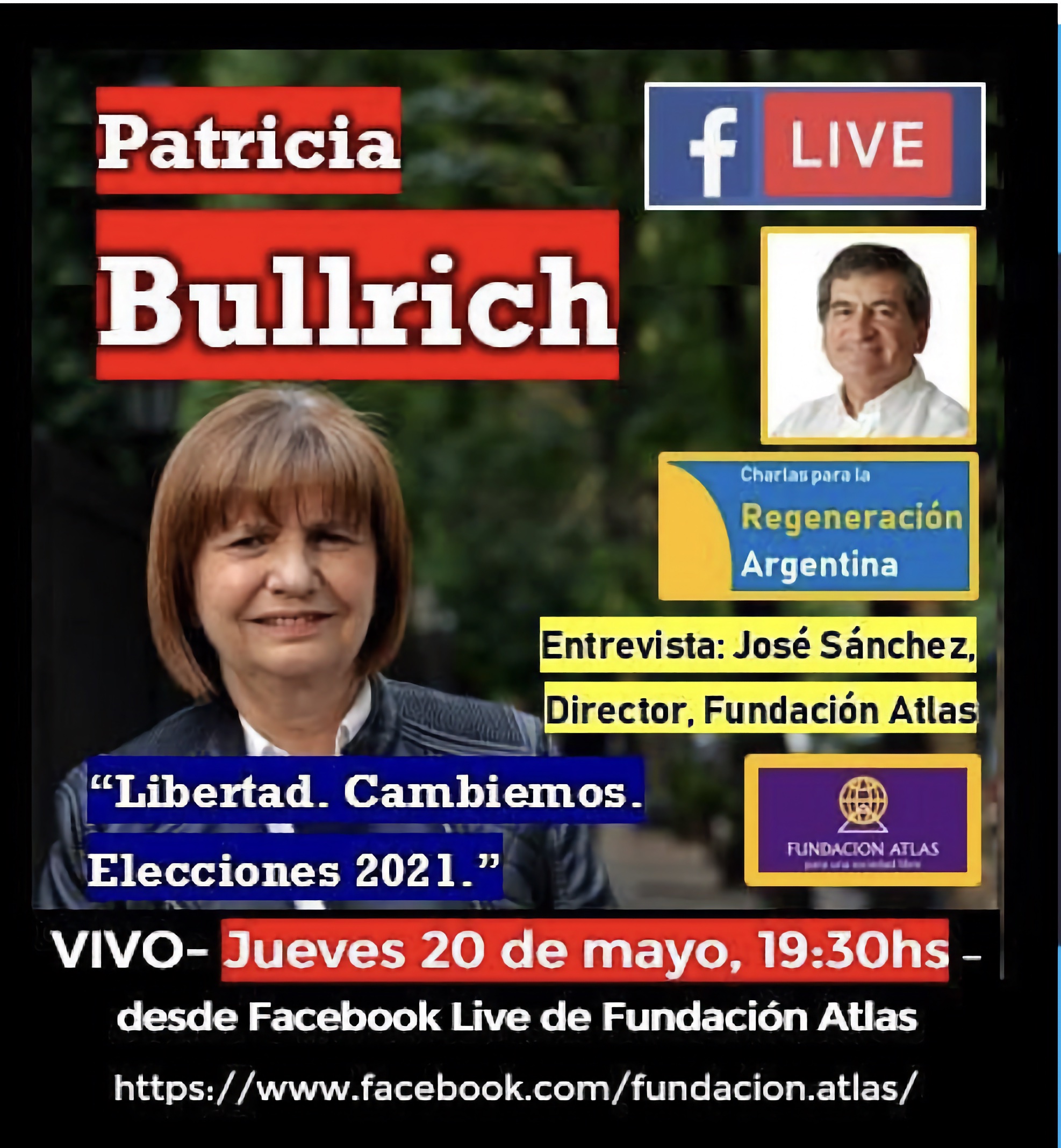
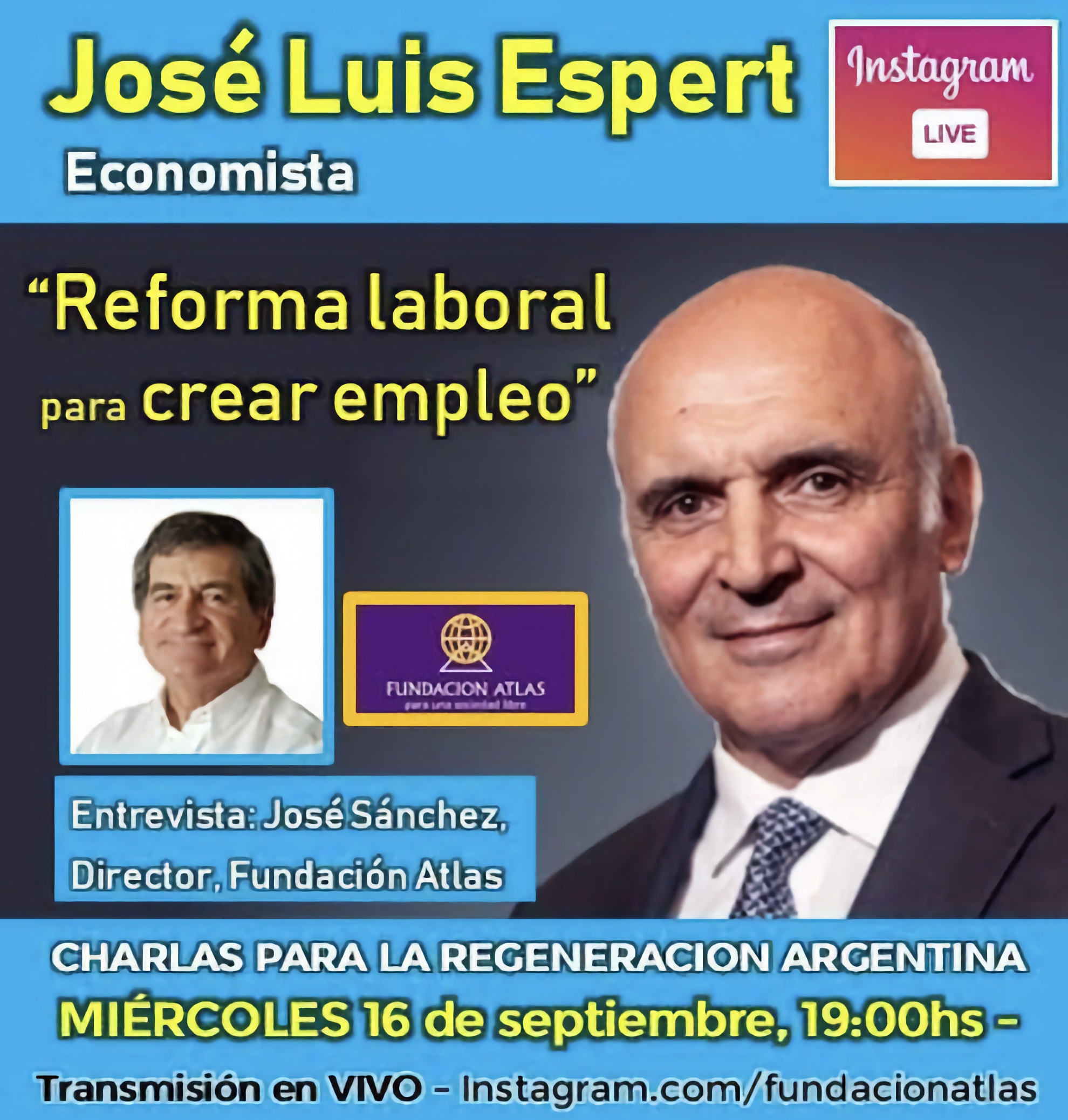

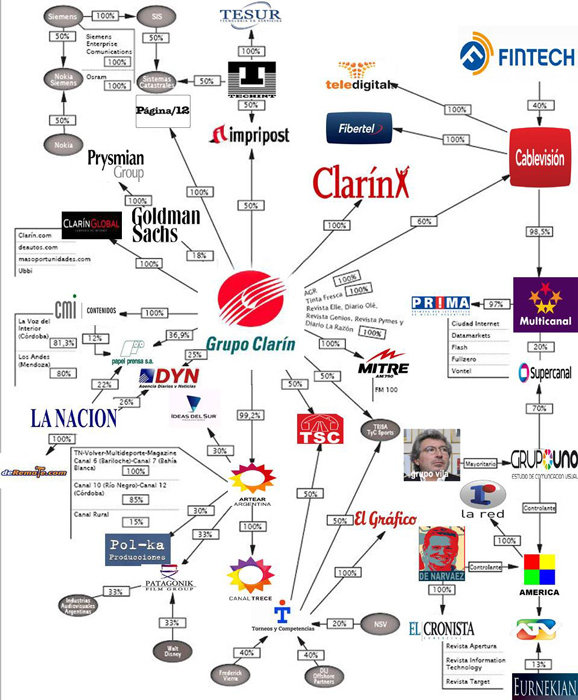
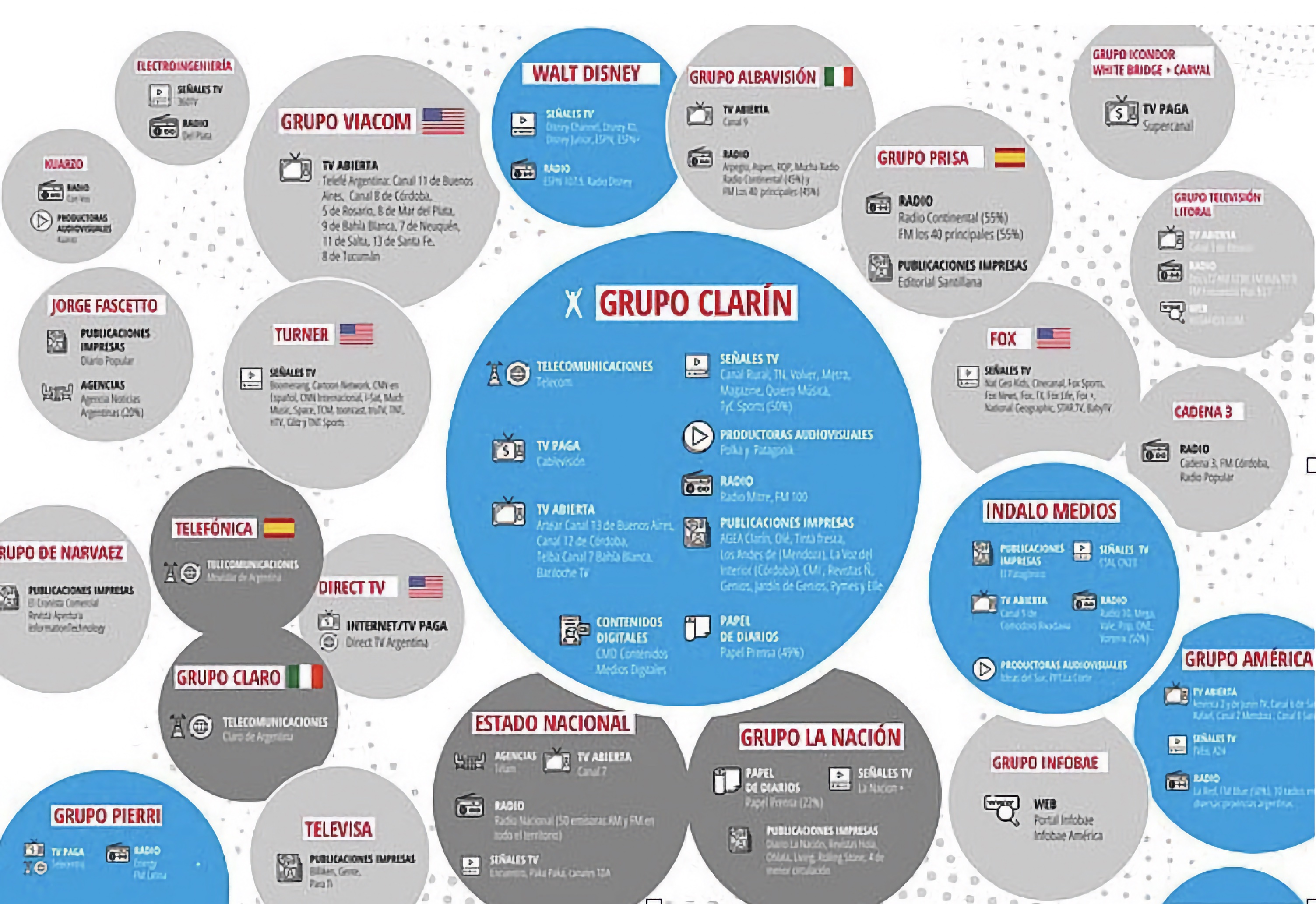
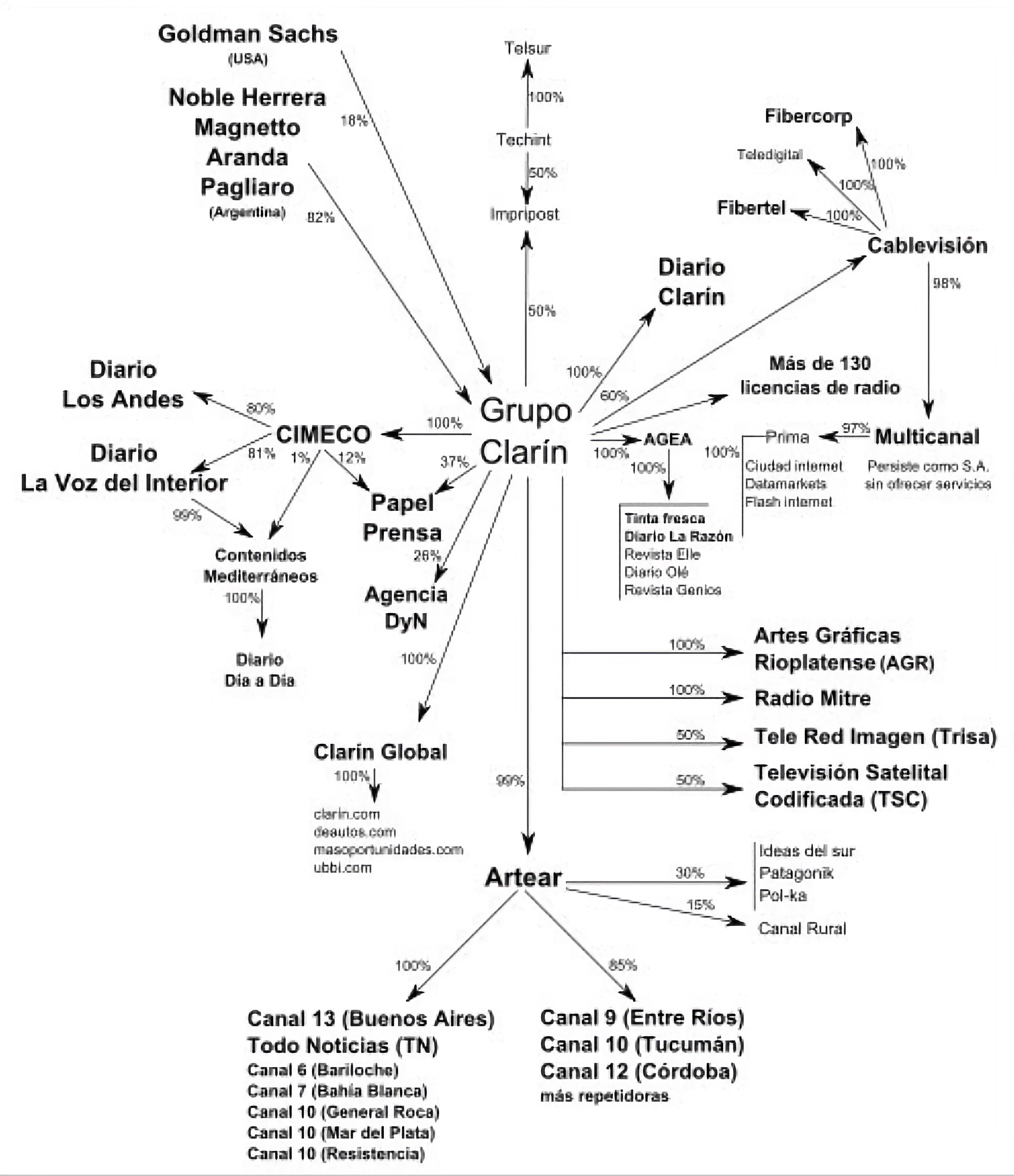
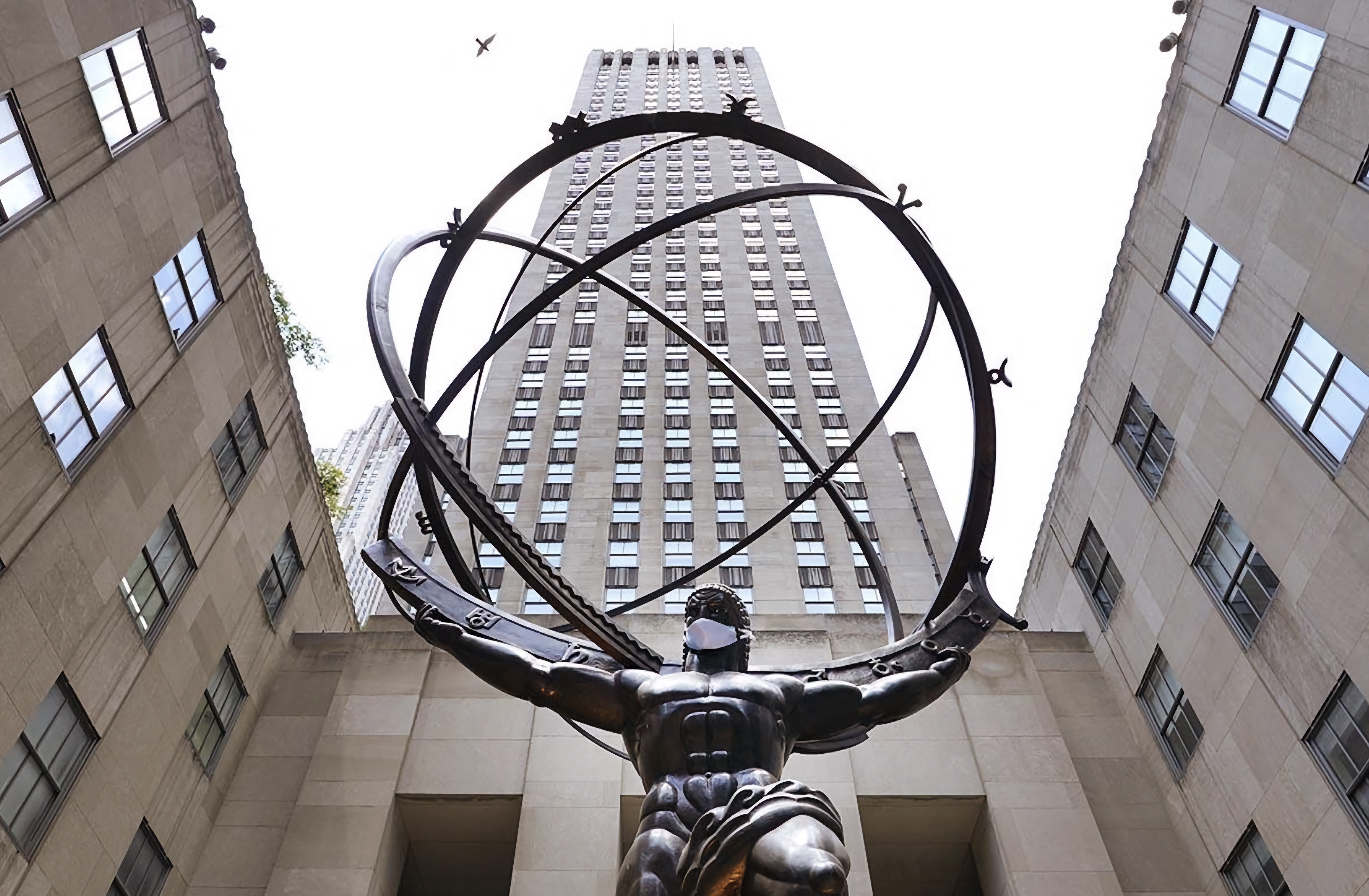
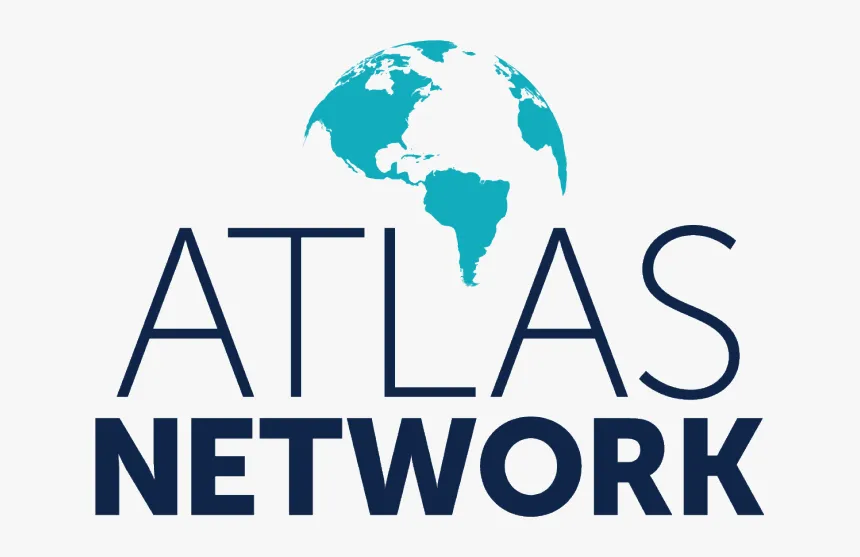

























 .
. 








